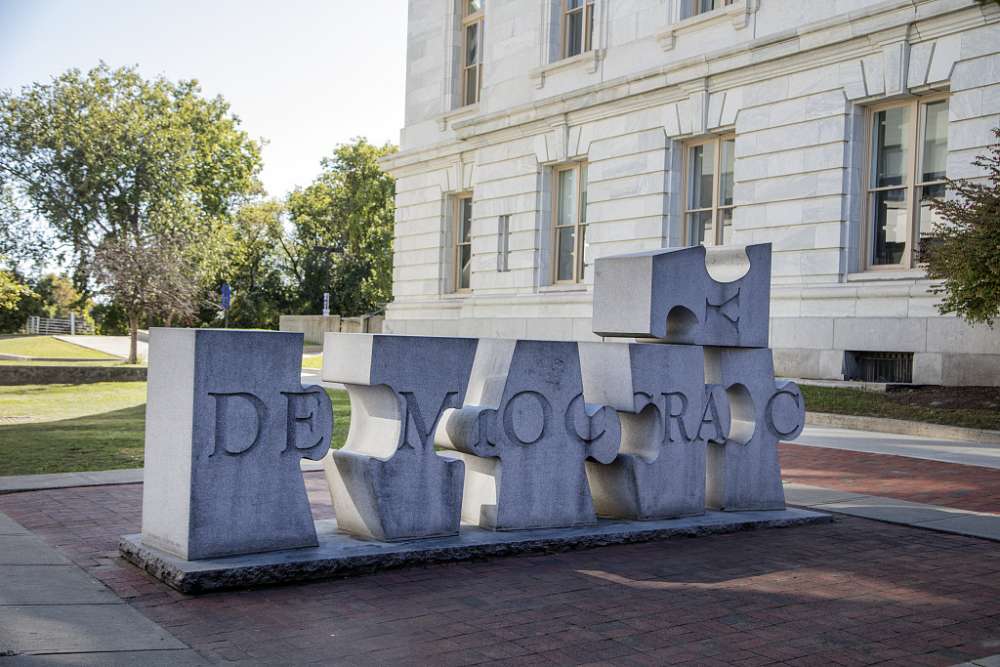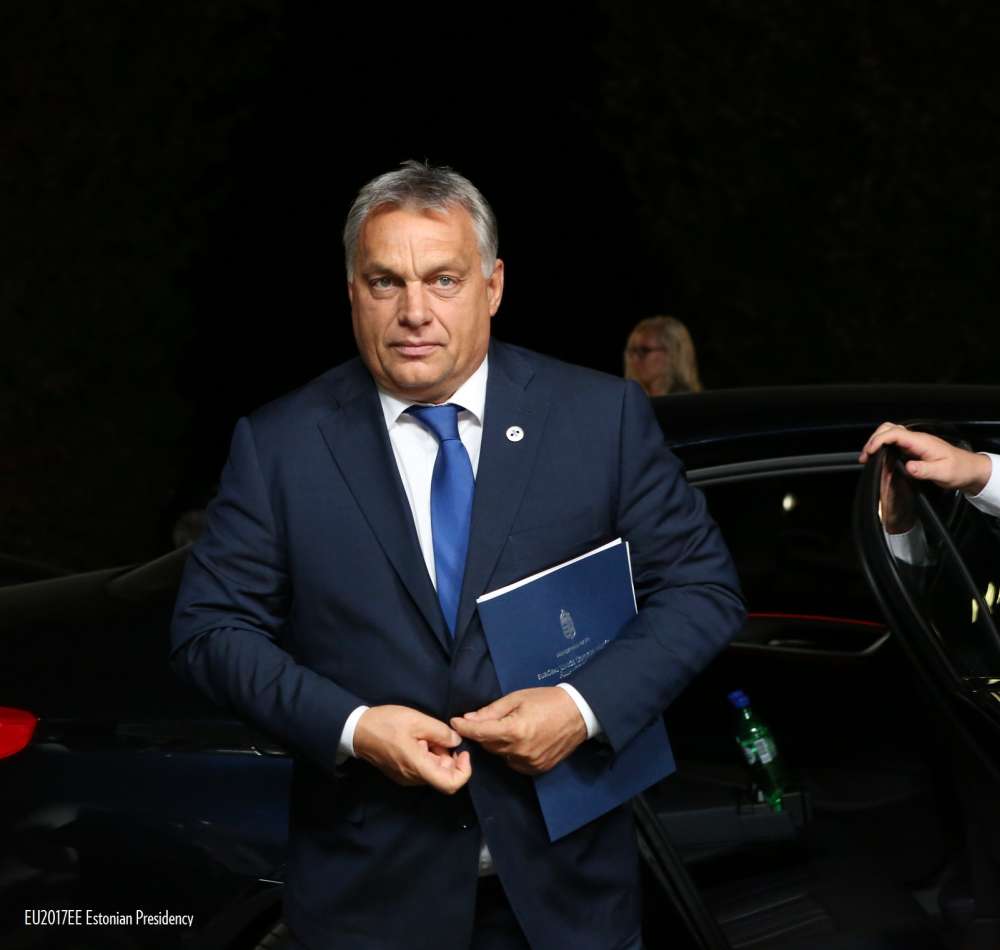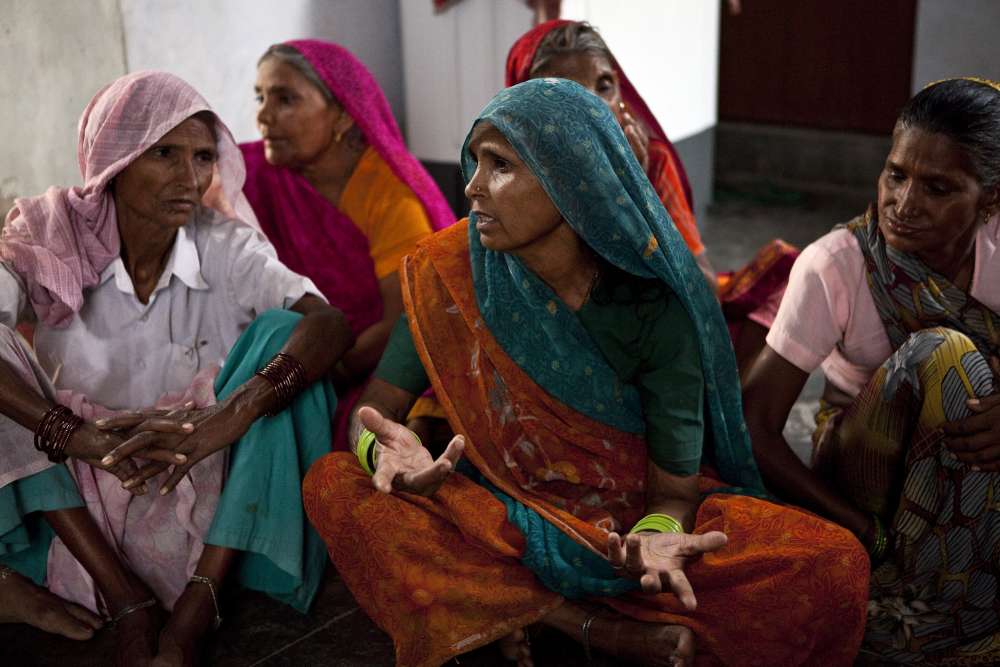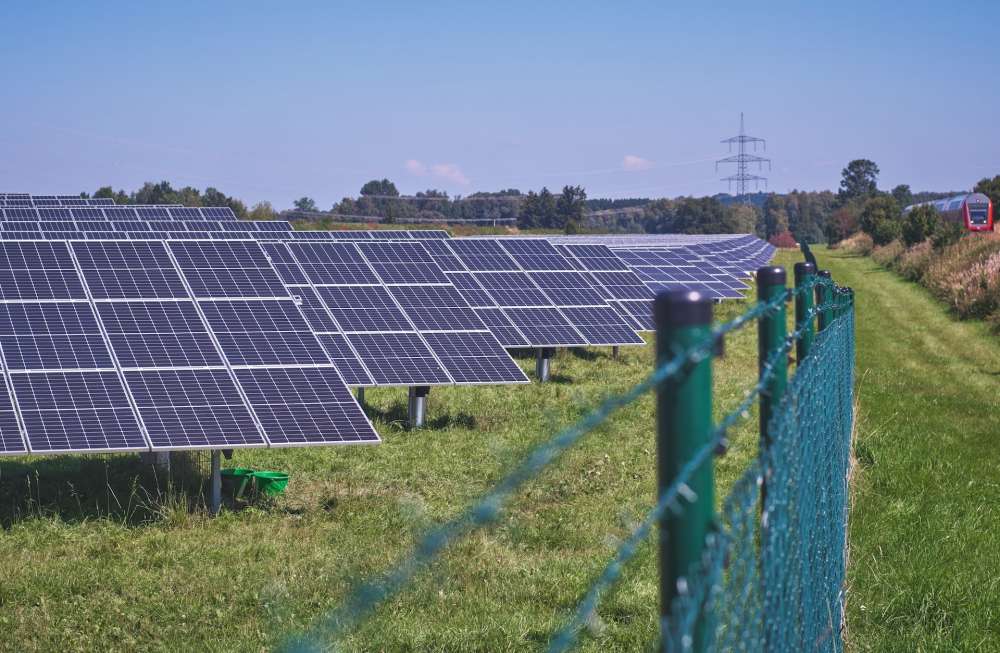An International Alliance of Democracies

In 2013, the German Marshall Fund of the United States and the German Institute for International and Security Affairs invited me to participate in the project “New Power – New Responsibility”. Over the course of one year, representatives from politics, academia, journalism, and civil society discussed the central foreign and security policy challenges that Germany would face in the coming years. My working group focused on Germany’s strategic relationships and divided the nations of the world into allies, challengers, and spoilers. Among others, we categorized the US, the Member States of the European Union (EU), and Turkey as primary allies. Today, just five years later, that view of the world is already obsolete.
We did not foresee that the US would no longer be a reliable ally, or that illiberal governments would emerge within the EU – not to mention Brexit. We did not discuss that China and Russia could be able to destabilise established democracies through authoritarian influence operations. And in Turkey, President Recep Tayyip Erdogan’s autocratic grip on power extends far beyond what we imagined.
What lessons have I learned from predicting the future so badly? First: our deliberations on ‘Germany and the World in 2030’ should not rely too heavily on our present observations. A future scenario that extends the status quo in a linear trend will generally be incorrect. And second: the world of all possible futures is much bigger than the world of the probable futures.
In my own field, human rights politics, current discussions revolve around an increasing or, more precisely, a changing pressure on civil society. Authoritarian and illiberal governments have learned how to replace hard repression such as political imprisonment with other, softer forms of repression, for example new bureaucratic or taxation hurdles that target critical non-governmental organisations (NGOs). Such softer forms of control minimise the external political risk of domestic repression. It is also noteworthy that counter-discourses to human rights are growing stronger. Even in democracies we can observe how human rights achievements, such as the right to asylum or freedom of the press, are being called into question.
Preventing a Global Dictatorship in 2030
If we assume that both the concept of human rights as well as human rights activists will continue to face pressure around the world and that supporters of illiberal political ideas will be on the rise in democracies, if we take authoritarian influence seriously, think through the possibilities of digital surveillance, and imagine the continued progress of all of these observations in linear trends up until 2030, we will quickly arrive at the conclusion that the dystopia of a global dictatorship awaits us. I consider this dystopia to be unlikely because there are people all around the world who stand up for human rights.
But a global dictatorship is certainly possible. One step that can be taken to prevent such a horror scenario is to establish a new international alliance of democracies. Germany could initiate such an alliance, which must involve democracies from the Global South. Democrats can only win the global battle against dictatorships and illiberal politics if they stick together.
Perhaps the most important task lies in developing new approaches to promoting human rights. This is where German institutions must step in. They need to think beyond familiar funding programmes and must demonstrate greater flexibility in allocating resources. The juridification and professionalisation of human rights work embodied by NGOs have served their time. Today, we need a more political approach to promoting human rights. Despite pushback: the shape of the future remains open.
…
A German version of this book chapter appeared in Deutschland und die Welt 2030, a volume edited by Stefan Mair, Dirk Messner and Lutz Meyer. The volume is available via Ullstein.







